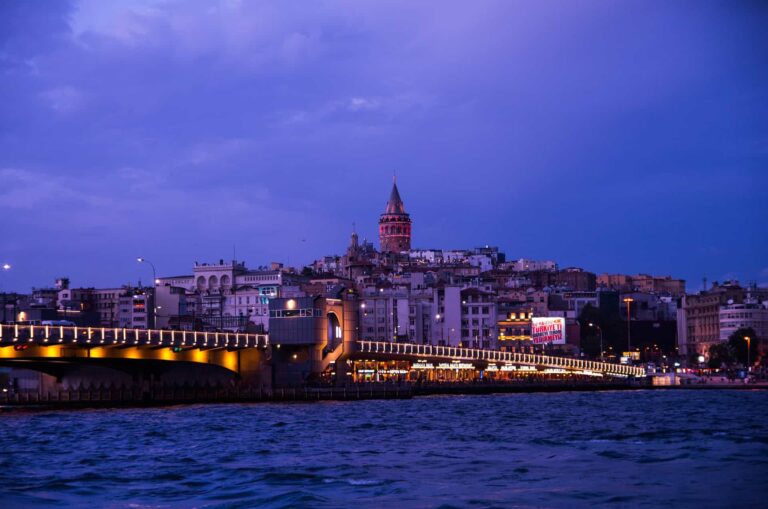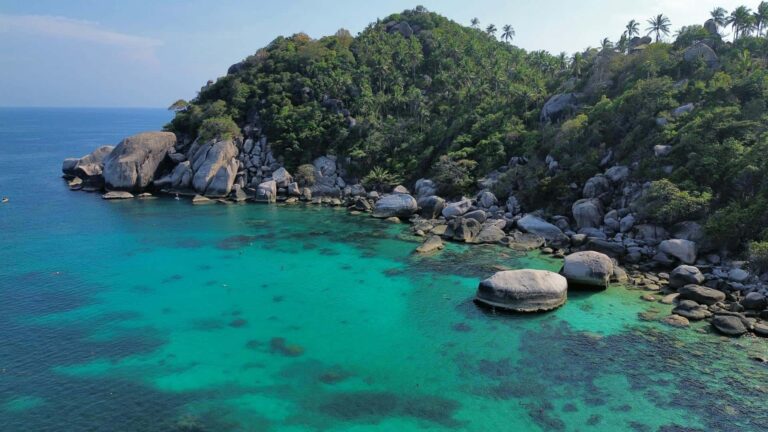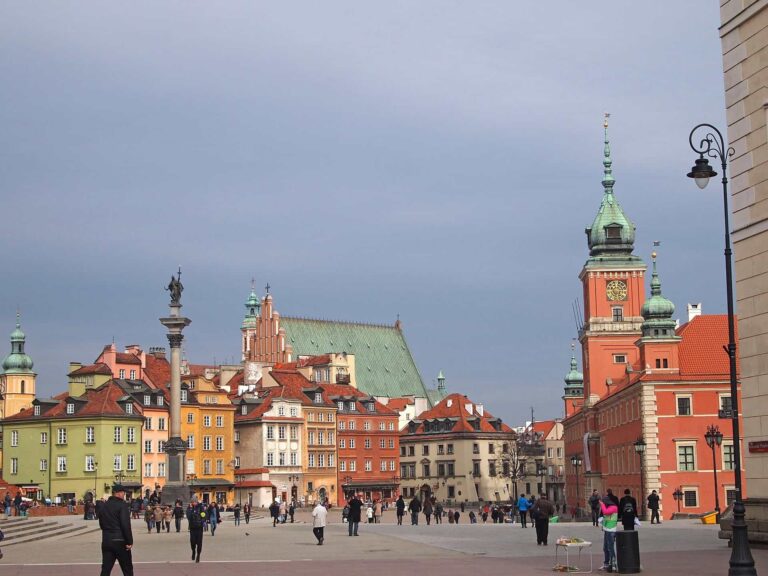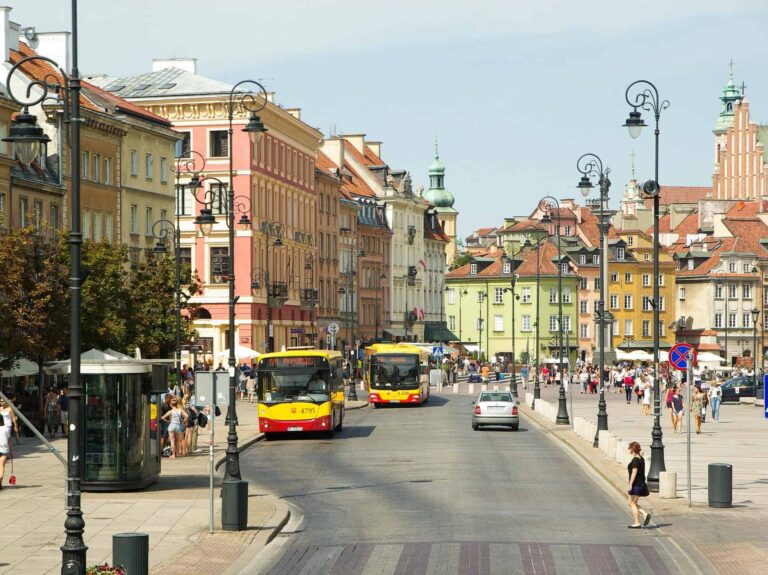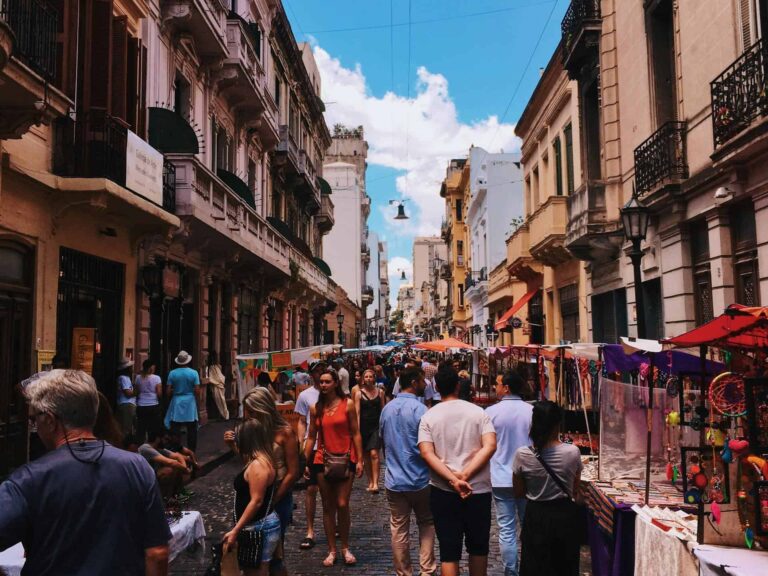Crete isn’t just Greece’s biggest island — it’s one of its friendliest, with warm locals, incredible food, gorgeous beaches, and hidden mountain villages. But even in paradise, your body might decide to throw you a curveball. A stomach bug, a sunburn that got out of hand, or just feeling off? It happens — and you’re not alone.
This guide is your step-by-step plan for exactly what to do if you get sick in Crete. You’ll learn how to find an English-speaking doctor, where to go for minor issues, how pharmacies work, what to expect with travel insurance, and how to stay well while you’re here.
Breathe: You’re Not the First
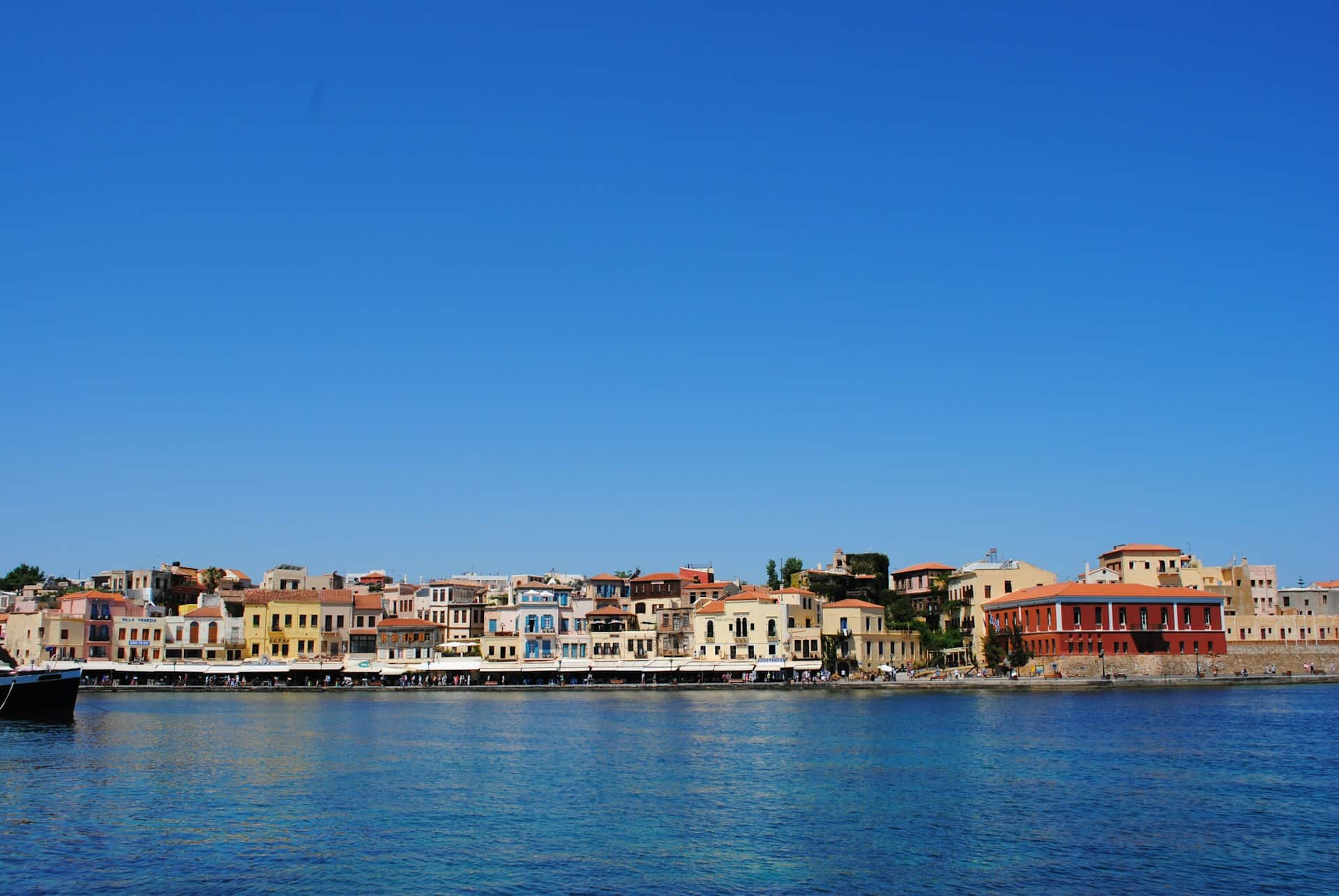
It’s completely normal to feel overwhelmed if you’re unwell far from home. But you’re not the first traveler to get sick in Crete, and you won’t be the last. The good news? Crete’s mix of private clinics, public hospitals, local pharmacies, and friendly locals means you’ll be looked after — you just need to know where to start.
Understanding Crete’s Healthcare System
Crete has both public hospitals (ESY) and private clinics. Locals use both, but tourists usually find private clinics much easier — faster, cleaner, and more likely to have English-speaking staff.
Public vs. Private
- Public hospitals: Good for serious emergencies but expect queues, especially in peak season. English might be limited.
- Private clinics: Faster, more comfortable, clearer communication, and often open evenings. You’ll pay upfront, but travel insurance usually covers it.
Always take your passport, insurance card, and a note of your hotel’s address with you.
When To See a Doctor
A bit of rest, water, and over-the-counter help might be enough for mild colds, mild sunburn, or a slight headache. But see a doctor if you have:
- A fever that doesn’t drop after a day
- Severe stomach pain or vomiting
- A rash that spreads
- A mosquito or bug bite that’s red, swollen, or infected
- Allergic reactions, difficulty breathing, or sudden swelling
Don’t tough it out — the sooner you get checked, the sooner you’re back on the beach.
Emergency Medical Care
Serious emergencies do happen — and Crete’s larger towns have hospitals and ambulances ready if you need them.
Emergency Numbers
- 112 — EU-wide emergency number
- 166 — Greek ambulance number
Save these when you land. Always have your accommodation address ready, ideally written in Greek.
When To Call an Ambulance
Call for:
- Chest pain
- Trouble breathing
- Severe allergic reactions
- Head injuries or major injuries
- Sudden fainting, confusion, or heatstroke
If you’re unsure, ask your hotel or a local to help call. Cretans are famously kind and won’t hesitate to assist.
Pharmacies in Crete
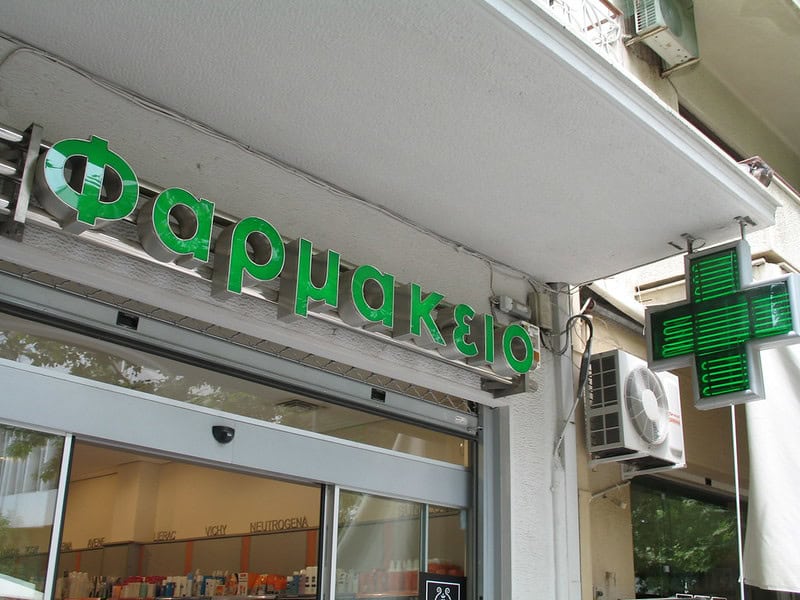
For mild issues — like a headache, minor tummy upset, or mild sunburn — a pharmacy is your first stop. Look for the green cross.
Pharmacists in Greece are highly trained and many speak good English. They can recommend:
- Cold and flu remedies
- Digestive meds
- Hydration sachets
- Skin creams for bites or rashes
Duty pharmacies: Not all pharmacies are open late or on Sundays, but there’s always at least one in each town that is. Ask your hotel or check local pharmacy lists.
Using Travel Insurance
Travel insurance is your safety net. Private clinics in Crete expect you to pay upfront, so keep all receipts.
What To Keep
- Doctor’s notes or reports
- Pharmacy receipts
- Copies of your insurance policy
Most insurers refund costs, and some clinics may offer direct billing. Always call your insurer’s helpline if you’re not sure what’s covered.
Special Tips for Pregnant Travelers & Families
Crete is popular with families and has great pediatric care. If you’re pregnant, managing a chronic condition, or traveling with kids, a little prep goes a long way.
- Bring copies of your medical history and any prescriptions.
- Pack more meds than you think you’ll need — always in your carry-on.
- Research where the nearest private clinic or specialist is.
- Air Doctor can help you find OB-GYNs, pediatricians, or other specialists if you need extra support.
How To Avoid Getting Sick in Crete
Most travelers feel great the whole trip — but here’s how to reduce your chances of feeling rough.
- Drink bottled water if you’re unsure, especially in rural areas.
- Wash your hands often and carry hand sanitizer.
- Reapply sunscreen throughout the day — the Cretan sun is no joke.
- Use mosquito repellent, especially in summer evenings.
- Eat at busy tavernas with high turnover — fresh food, fewer surprises.
Finding an English-Speaking Doctor in Crete
When you’re sick, the last thing you want is to scroll endless websites and guess which clinic will actually understand you. Air Doctor makes it easy to find trusted, vetted, English-speaking doctors in Crete.
You can:
- Filter by specialty
- See real reviews
- Book same-day or next-day
- Choose a clinic visit, virtual consult, or hotel house call
It’s medical care that works the way it should — clear, fast, and reassuring.
Getting Extra Help
If you need a replacement prescription, your passport goes missing, or you need extra help for an emergency, your embassy or consulate is your backup. Always have their contact details saved.
Recap: Sick in Crete? You’ve Got This
- Private clinics are best for quick, tourist-friendly care.
- Call 112 or 166 if you have an emergency.
- Try pharmacies for small stuff, but don’t wait too long to see a doctor.
- Keep all receipts for insurance.
- Drink lots of water, watch the sun, and stay well.
About Air Doctor
With the Air Doctor app in your pocket, you can access medical care and receive expert medical guidance anywhere you travel.
Air Doctor offers a wide range of benefits, including:
- A global network of over 20,000 multi-lingual doctors and specialists
- Choice of clinic, at-home (hotel), and video consultations
- Healthcare access in 90 countries
- 24/7 multi-lingual support
- Transparent pricing and reviews
- Most common medical specialties, including cardiologists, dentists, and pediatricians
FAQs
No — public hospitals are free for residents, but tourists pay for care. Most travelers prefer private clinics, which usually means paying upfront and claiming through travel insurance.
Expect to pay about 40–100 euros for a private consultation, depending on what you need. House calls and after-hours visits may cost more.
Yes — many private clinics accept walk-ins or same-day appointments. Booking with Air Doctor means you get an English-speaking doctor and clear pricing upfront.


